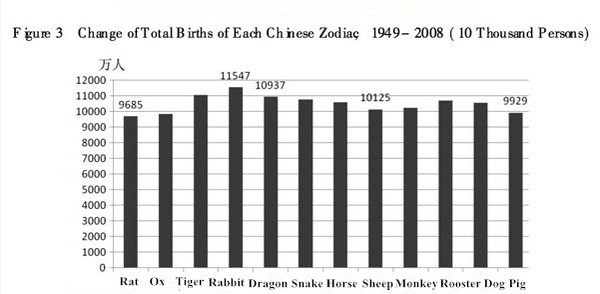 |
|
A young mother and the first baby born at the Amcare Women's & Children's Hospital in Beijing in the Year of the Horse on Jan 31, 2014.[Photo/Xinhua] |
Chinese couples have been racing against time to deliver their babies during the last days of the auspicious Year of the Horse. According to the Chinese zodiac, babies born in the upcoming Year of the Sheep will grow up to be less fortunate and face a bitter destiny.
"Hospitals in Liaoning, Shandong and Gansu provinces have reported sharp increases in births this year, with their facilities reaching full occupancy and medical staff working around the clock," the New York Times reported.
This raised so much concern that state media carried a string of reports attempting to dispel the myth. China Central Television listed several famous people born in the Year of the Sheep on Sina Weibo, a Twitter-like micro-blogging service, including Nobel laureate Mo Yan, Apple co-founder Steve Jobs and actress Zhang Ziyi, dismissing superstition surrounding the zodiac sign as "unscientific".
Media also quoted experts as saying increases in births in Horse or Monkey years could cause social problems such as straining medical resources and leading to increased peer pressure for university places and jobs.
The attempt to dispel "unfounded" superstitions is praiseworthy but the effects are exaggerated, says Ma Yan, a population expert who has analyzed data from 1949 to 2008. The birthrate hasn't been affected by so-called "zodiac preference" since 1949.
 |
|
This screenshot taken from QQ shows the change of total births of each Chinese zodiac between 1949 and 2008. |
Year 2000's "Millennium dragon baby," 2007's "Golden pig baby" and 2008's "Olympic baby" that created a media stir did not cause significant fluctuations in birth rate. According to statistics, between 1949 and 2008, the "most favored" Year of the Dragon only ranks third and the "most dreadful" Year of the Sheep ranked ahead of the Pig, Ox and Rat years.
Despite the sharp increase in births during the Year of the Horse in some Chinese provinces and hospitals, analysis show Chinese couples don't deliberately choose child birth dates and there is no prevalent preference for zodiac signs as many imagine, said Ma.